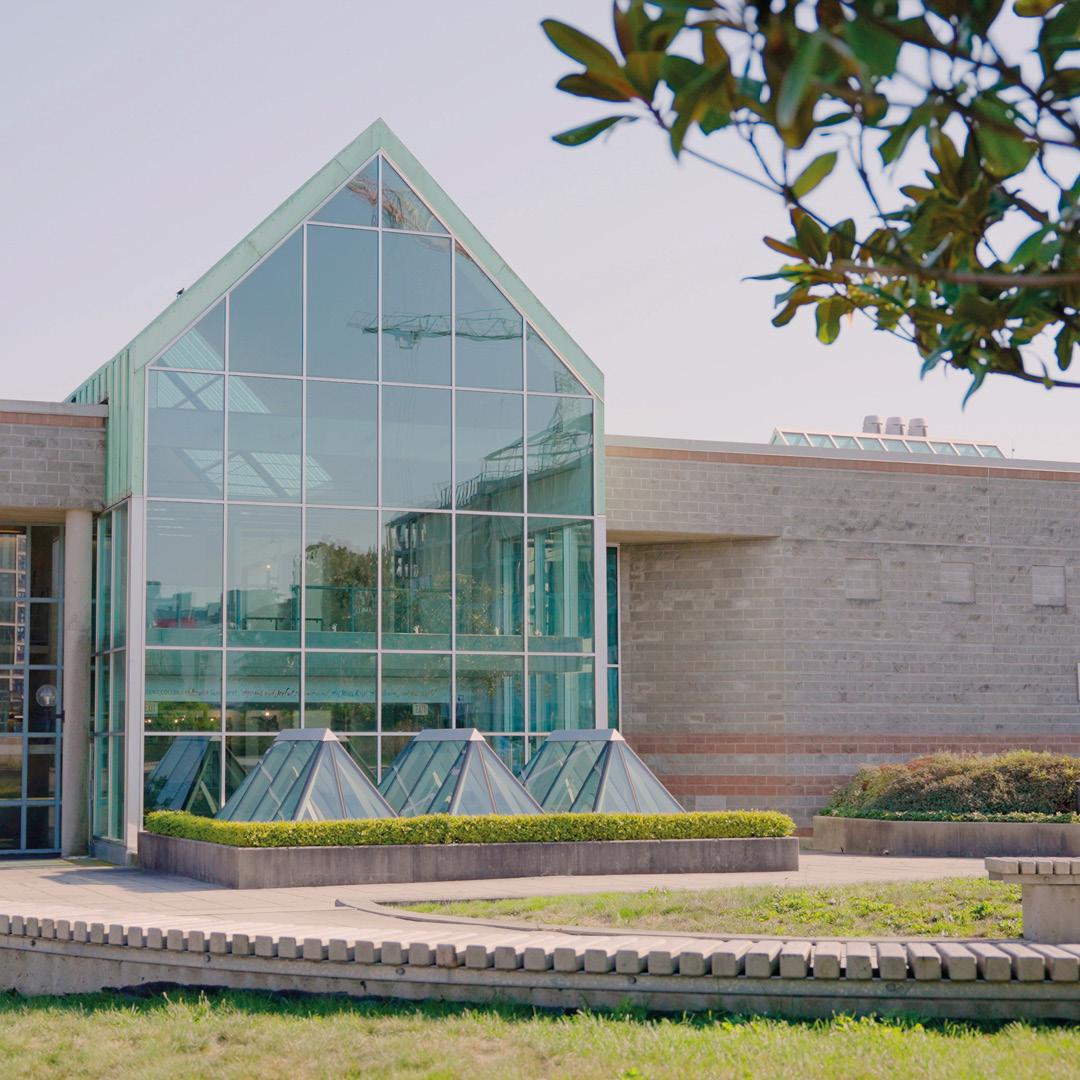Welcome to The Vine, a publication of Regent College.
We’re delighted to share ideas and perspectives from a wide range of people within and beyond Regent’s circles. In articles and interviews, podcasts and videos, you’ll hear authentic voices speaking from experience and expertise about ideas that matter to our community and yours.
Join us for conversations that inform, challenge, and inspire.

Welcome to The Vine, a publication of Regent College.
We’re delighted to share ideas and perspectives from a wide range of people within and beyond Regent’s circles. In articles and interviews, podcasts and videos, you’ll hear authentic voices speaking from experience and expertise about ideas that matter to our community and yours.
Join us for conversations that inform, challenge, and inspire.


Perfection and Speech about God’s Character in the Old Testament
Exploring Old Testament portrayals of God, this article challenges perfectionist theology that isolates divine traits like mercy or nonviolence, arguing instead for an embedded, relational understanding of God’s character grounded in Scripture.
All Resources: Medicine & Medical Ethics
Community: Diaspora Theology in Real Time: Technology and Transnational Community
Imagine Otherwise, the online magazine of Princeton’s Center for Asian American Christianity, hosts a podcast with Prof. Ann Gillian Chu on lived theology, Hong Kong’s political unrest, BN(O) migration to the UK, and its impact on faith, family, and community life.
A Slightly Useful Way: Marilynne Robinson’s Gilead and a Homiletic of Epistemic Humility
Drawing on Marilynne Robinson’s Gilead, this essay explores how preaching shaped by epistemic humility—embracing mystery, complexity, and grace—can speak more faithfully and credibly to a skeptical age.